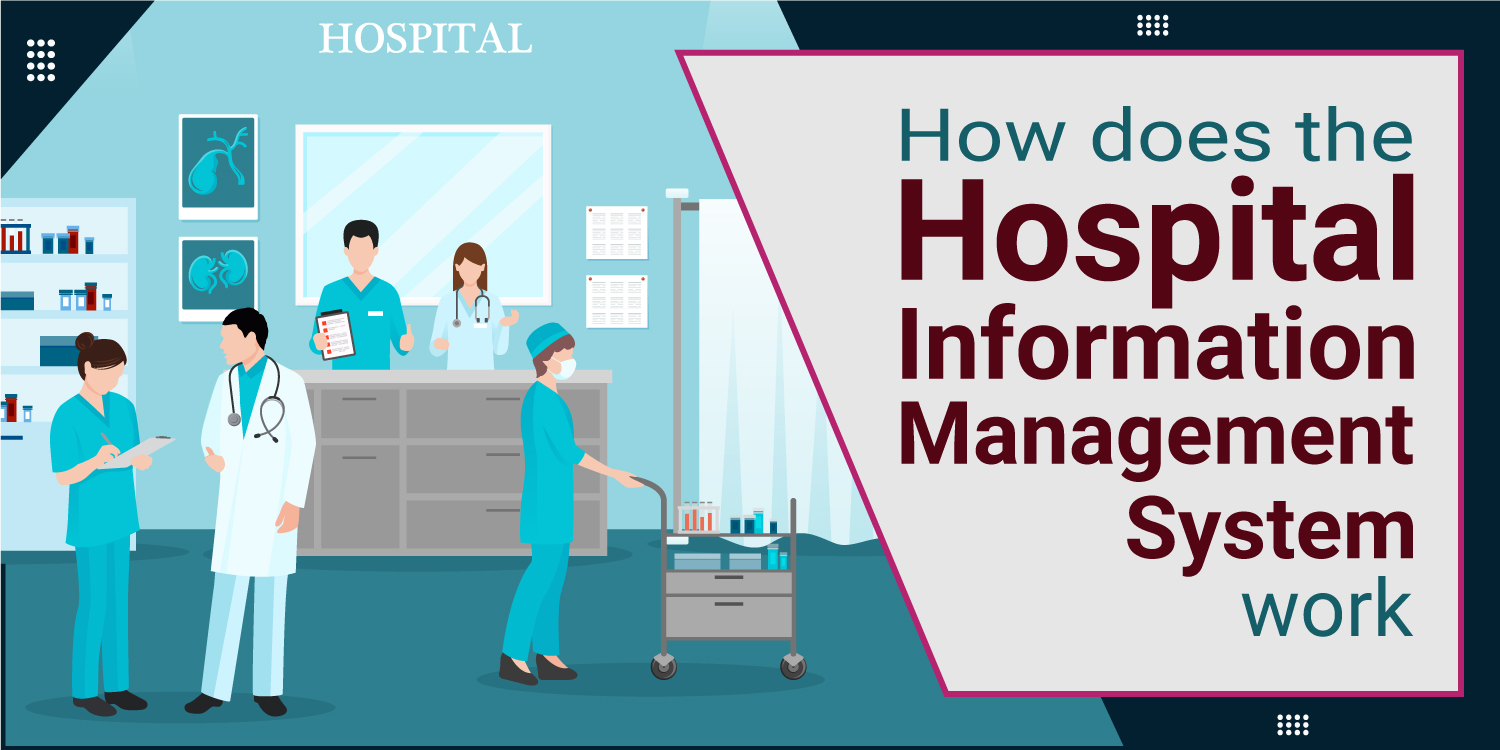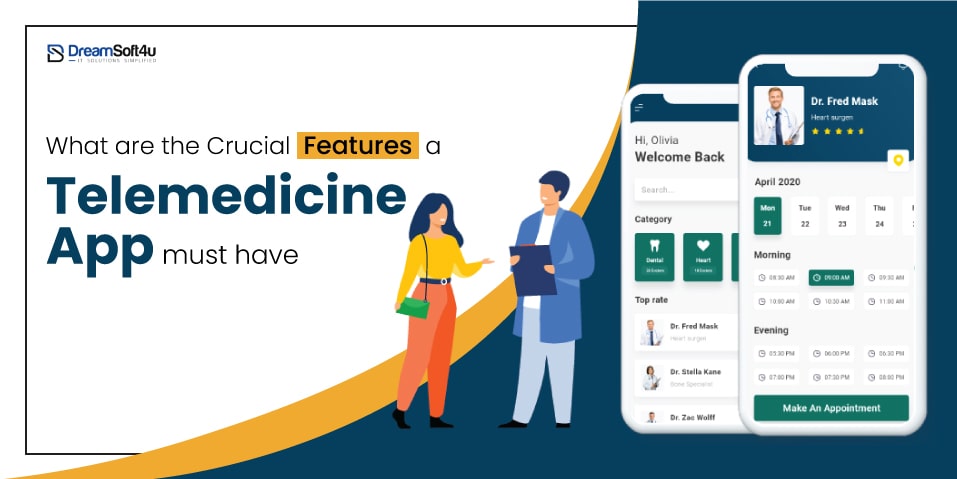The healthcare industry is evolving with new technology, and many organizations focus on IT Outsourcing benefits. In simple language, it means hiring outside companies to manage tech tasks. These tasks may vary like data storage, security, and system maintenance. Moreover, outsourcing helps healthcare providers save money by reducing the need for in-house IT teams. It also gives access to advanced technology and expert support, ensuring smooth operations.
Ensuring data protection and compliance with relevant regulations can be done by outsourcing software development projects to the top IT teams. Additionally, healthcare providers can place their attention on caring for patients as the external team administers the technology. Efficiency is boosted through outsourcing, which decreases downtime and quickens the introduction of novel tools. It enables healthcare organizations to adjust their technical services in line with their needs. Overall, IT outsourcing provides cost efficiencies, enhanced security, and more effective service, supporting healthcare providers in their commitment to quality patient care.
Table of Contents
ToggleBenefits of Outsourcing IT Services in the Healthcare Industry
1. Saves Time
One of the foremost benefits of outsourcing healthcare IT services is that it can save the time it takes to implement new technology. You don’t need to hire software developers and also IT developers work for a 9 to 5 schedule but with outsourcing IT you can get 24/7 services as IT service providers offer around-the-clock services. are pressured to stay on top of the latest developments to remain competitive with others.
It also makes the management of IT feasible. For example, if your system fails on an unusual day like midnight on a holiday then you can have someone available to fix the breakdown.
2. Access to Advanced Technology
IT outsourcing company acquires specialists in the most up-to-date trends in technology, such as telemedicine and data analysis. These experts can also modify the solutions to meet some special requirements. The outsourcing partners ensure that they are also constantly updating the systems to ensure compliance with regulations. They also accelerate the formation of technologies, which means that hospitals and clinics can implement modern technologies without any delays.
3. Enhanced Data Security
Sourcing helps websites achieve compliance with legislation such as HIPAA or GDPR and minimizes the risk of data breaches. It also means healthcare organizations are also able to gain from specialized security paradigms. IT vendors provide highly resistant cybersecurity with occasional encryption of data, daily backup, and risk valuation. Some of them operate on a 24/7 basis so that they identify and address problems early to ensure the loss of patient information is maintained.
Read More: Telemedicine: How It Changing the Healthcare
4. Flexibility and Scalability
A further benefit of outsourcing IT is that it’s easy to extend IT resources at the time of peak periods and lower down during depression time, as well as it is easy to counter sudden fluctuations. Some vendors offer the facility that the services they provide are paid only when used. You can scale down during low-peak seasons for your business, but the ability to scale up is always there. That’s how outsourcing IT can lead to flexibility and scalability.
5. Compliance
Compliance is a major issue in healthcare outsourcing services. As a result, you need the best in-segment telemedicine app development company. There are two major compliance-related pros to using a managed IT provider: more up-to-date knowledge of the changing compliance landscape and the ability to conduct external audits without as much of a vested interest in the results.
However, there can be drawbacks related to compliance, too. If you outsource to someone outside of your region, they may not be familiar with the compliance regulations that need to be implemented. When the vendor is outside of your geographical boundaries, there can be potential complications with exporting data as well.
6. Saves Costs
Outsourcing healthcare IT can save costs in the following ways:
- Outsourcing is more economical than having an on-site IT staff.
- Reduces less financial resources than on-site equipment.
- Can help reduce costs that are passed on to patients.
- Saves time cost of top management.
- Cuts down the need to hire full-time IT employees.
7. Trust factor
In today’s environment of cyber security danger, outsourcing IT functions could end up adverse. You cannot outsource services without a reliable IT vendor in the healthcare industry. It is still important to monitor the vendor. Therefore there is a strong requirement for someone to monitor the working of vendors.
8. Morale of employees
If any healthcare system already has an existing IT department, there is a strong probability that the IT department staff may feel threatened by the involvement of any on-site IT employees. It will be beneficial that management discloses honestly what services are being outsourced and what are not.
9. Unrealistic Assumptions
There is often a misunderstanding between what the healthcare system is expecting and what the outsourcing IT professional is providing. One of the major issues in healthcare IT is unrealistic assumptions by healthcare IT providers. This can result from ambiguous and incomplete information regarding work that can lead to misinterpretations. That is why the targets and performance indicators must be established clearly and early. Communication is of the essence if you want to successfully work with any IT vendor.
Real-Life Use Cases of IT Outsourcing in Healthcare
Many healthcare organizations have seen the benefits of IT outsourcing. Here are a few examples:
- Telemedicine Expansion: After the COVID-19 pandemic, many providers outsourced telemedicine development. It helped set up strong platforms for virtual consultations and remote monitoring, making healthcare more accessible.
- Cloud-Based EHR Systems: Most hospitals in different countries outsourced the development and management of cloud-based EHR systems. It makes patient’s records safe by storing them in a database they can easily access and also fulfilling the data protection policy.
- Wearable Device Integration: Hospitals partnered with IT providers to feed information from the monitoring devices such as smartwatches, steps count, and heart rates to the patient’s records. It enhanced the patient’s health check and gave real-time health information.
Challenges in IT Outsourcing for Healthcare Industry
While IT outsourcing has significant benefits, there are also challenges healthcare organizations may face:
- Data Privacy Concerns: The protection of patient information is challenging when relying on third-party service providers. Outsource partners chosen should also be able to show commitment towards protecting data that is outsourcing.
- Communication Barriers: Outsourcing, especially to teams in different time zones, can sometimes lead to communication delays or misunderstandings. Establishing clear communication channels is vital.
- Dependence on External Providers: Constant interaction with external vendors may affect an organization’s health care when there is a transition to other systems or when the vendor changes service.
How to Choose the Right IT Outsourcing Partner for Healthcare
Choosing the right IT outsourcing partner is crucial to the success of healthcare organizations. Here are key factors to consider:
- Experience in Healthcare IT: Make certain that the outsourcing provider has ample experience working in healthcare software development and practical knowledge of its requirements.
- Compliance and Certifications: Ensure that the provider is following the healthcare laws and has the relevant licenses (for instance, HIPAA or GDPR-compliant).
- Security Protocols: Inquire about the vendor’s policies over data protection and be sure they can protect such dignity of patients.
- Track Record: Ensure that the partner has a portfolio that shows successful IT projects in the context of the healthcare industry.
Conclusion
IT outsourcing offers many benefits to healthcare. It helps reduce costs and improves security. Healthcare providers can focus more on patient care and rely on experts to manage their tech systems. Outsourcing also makes it easier to use new tools like telemedicine and keeps data safe. With the right IT partner, healthcare organizations can work better, stay updated with new technology, and provide improved care. It saves both time and money, helping healthcare run smoothly and efficiently.
FAQs
Q1. What is IT outsourcing in healthcare?
IT outsourcing in healthcare involves hiring external IT service providers to manage tech functions like data storage, software development, and security.
Q2. How does IT outsourcing improve patient care?
Outsourcing IT enables healthcare organizations to focus on patient care by reducing the burden of managing technical systems in-house.
Q3. Is IT outsourcing cost-effective for healthcare providers?
Yes, it can reduce operational expenses by eliminating the need for expensive infrastructure, recruitment, and training.
Q4. Can IT outsourcing help with data security?
Yes, reputable IT outsourcing partners often offer advanced security measures, ensuring healthcare organizations remain compliant with data protection laws.
Q5. What are the risks of IT outsourcing in healthcare?
Key risks include data privacy concerns, dependence on third-party providers, and potential communication barriers with external teams.



















